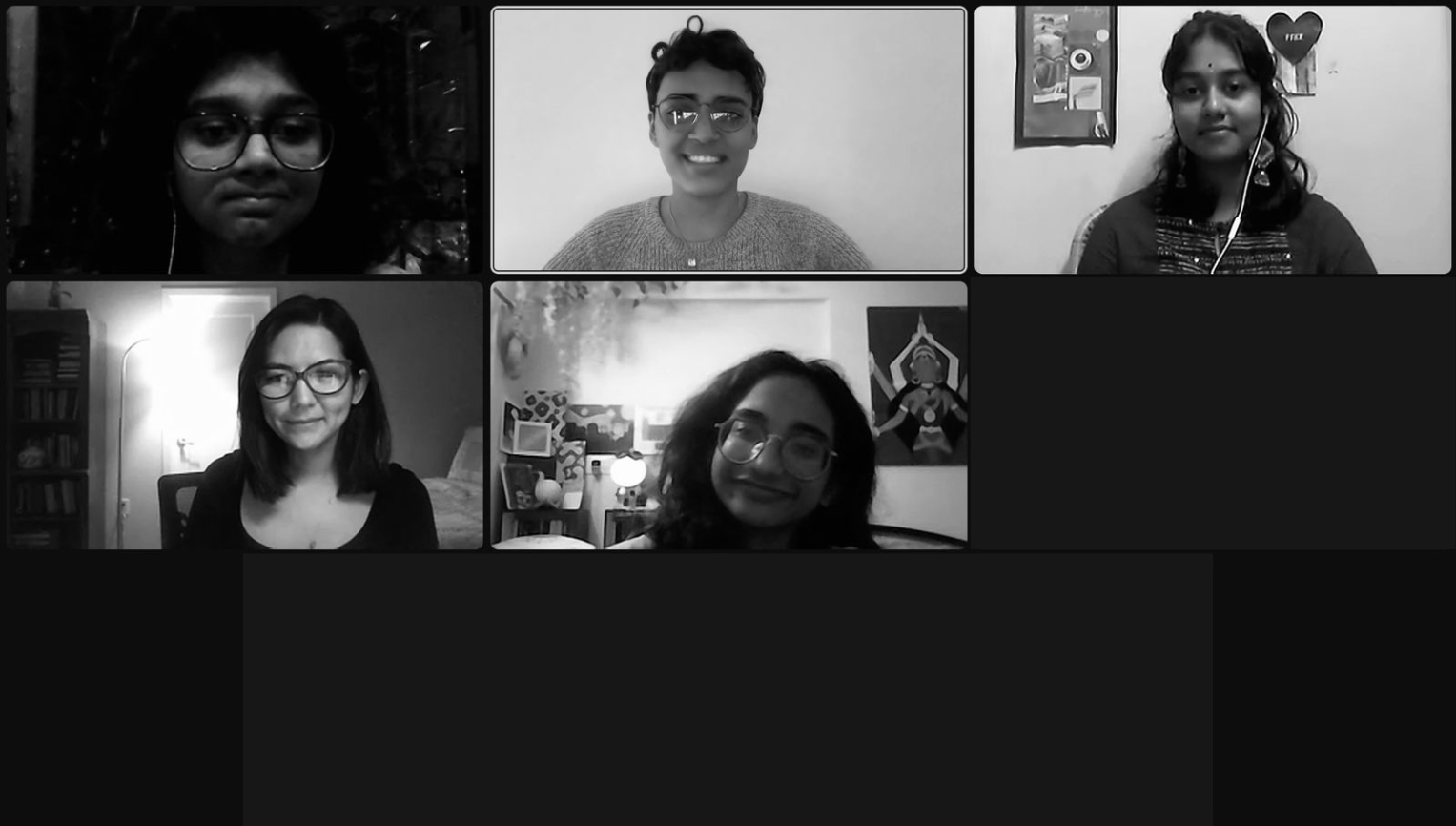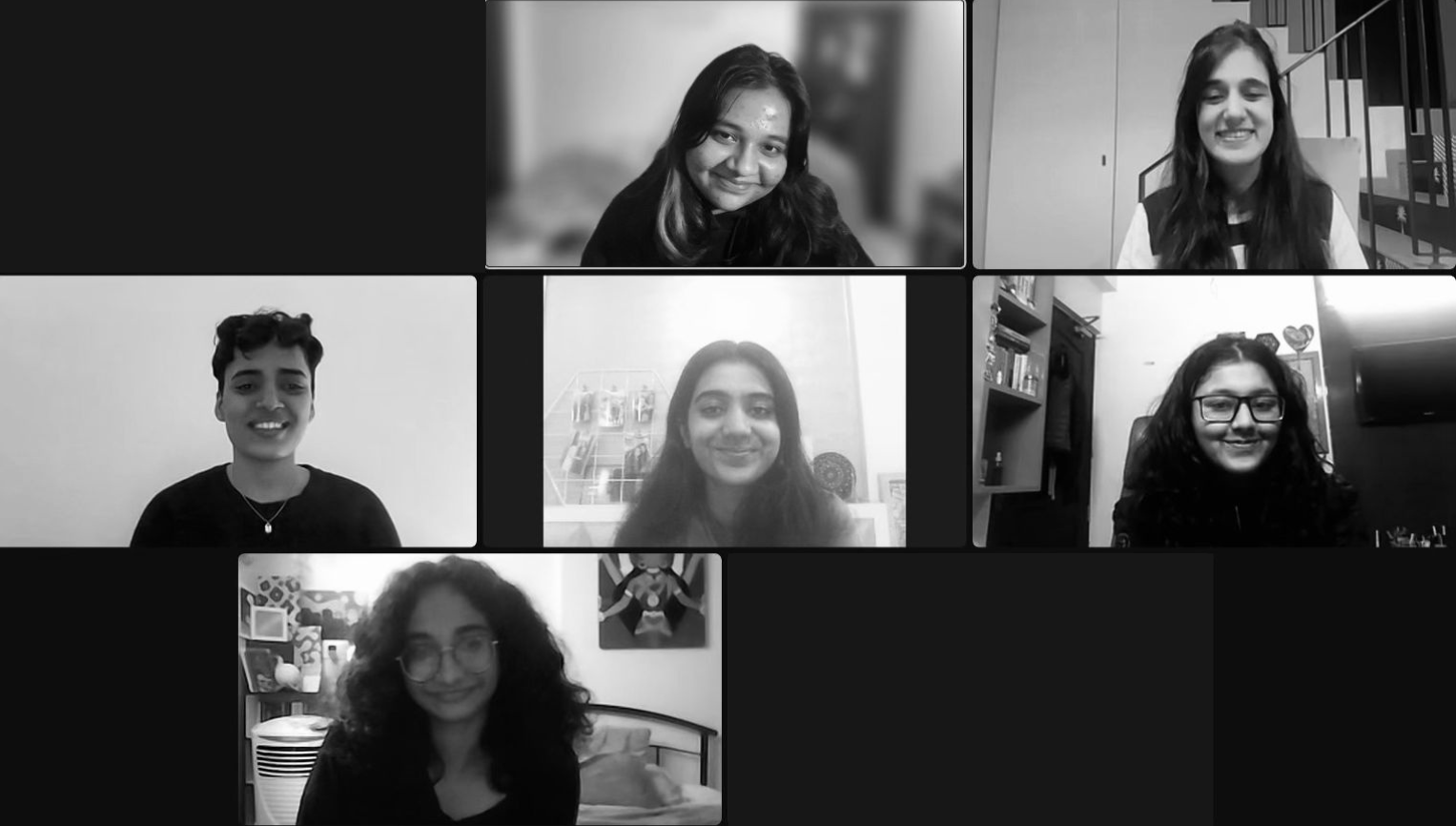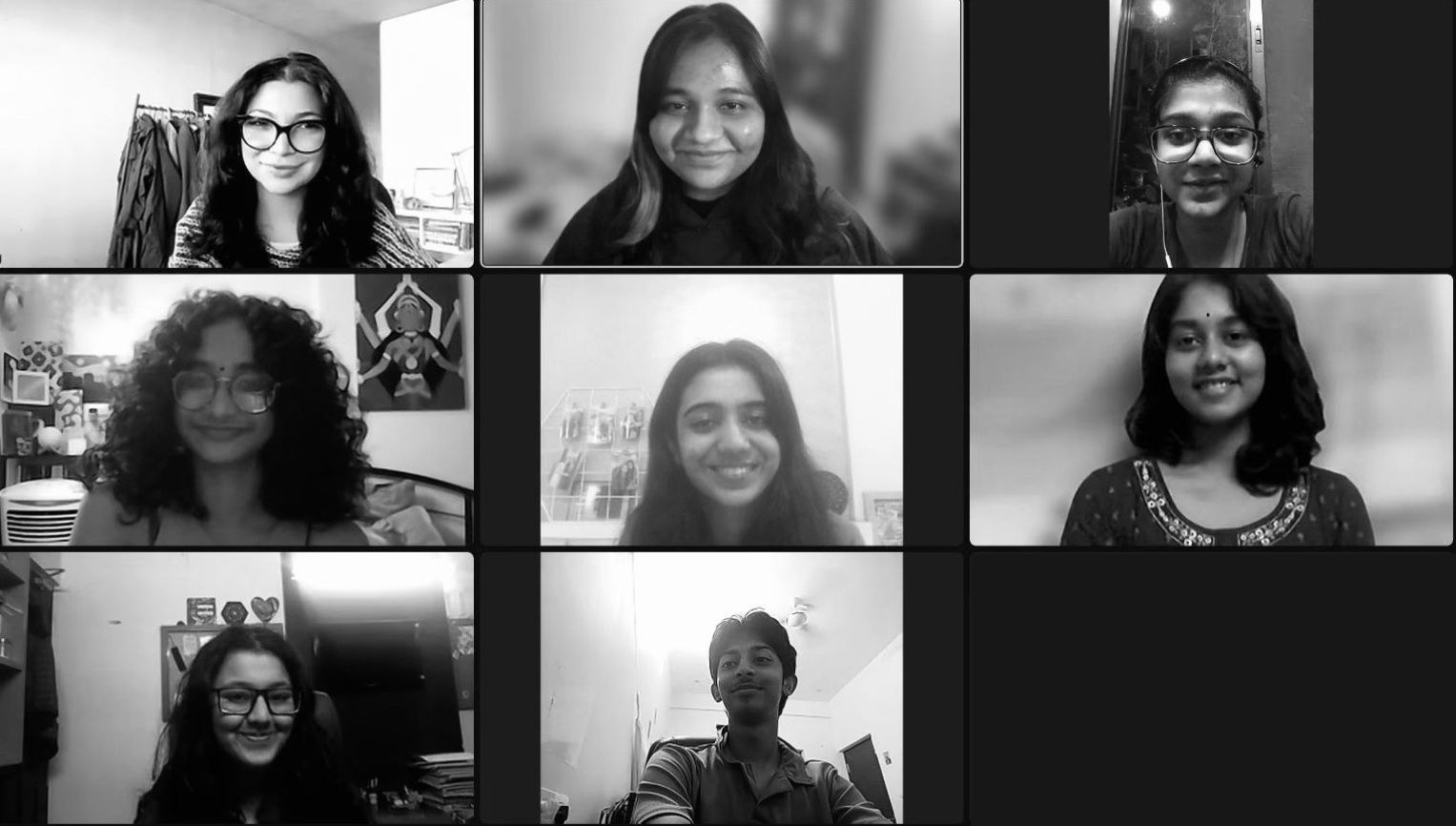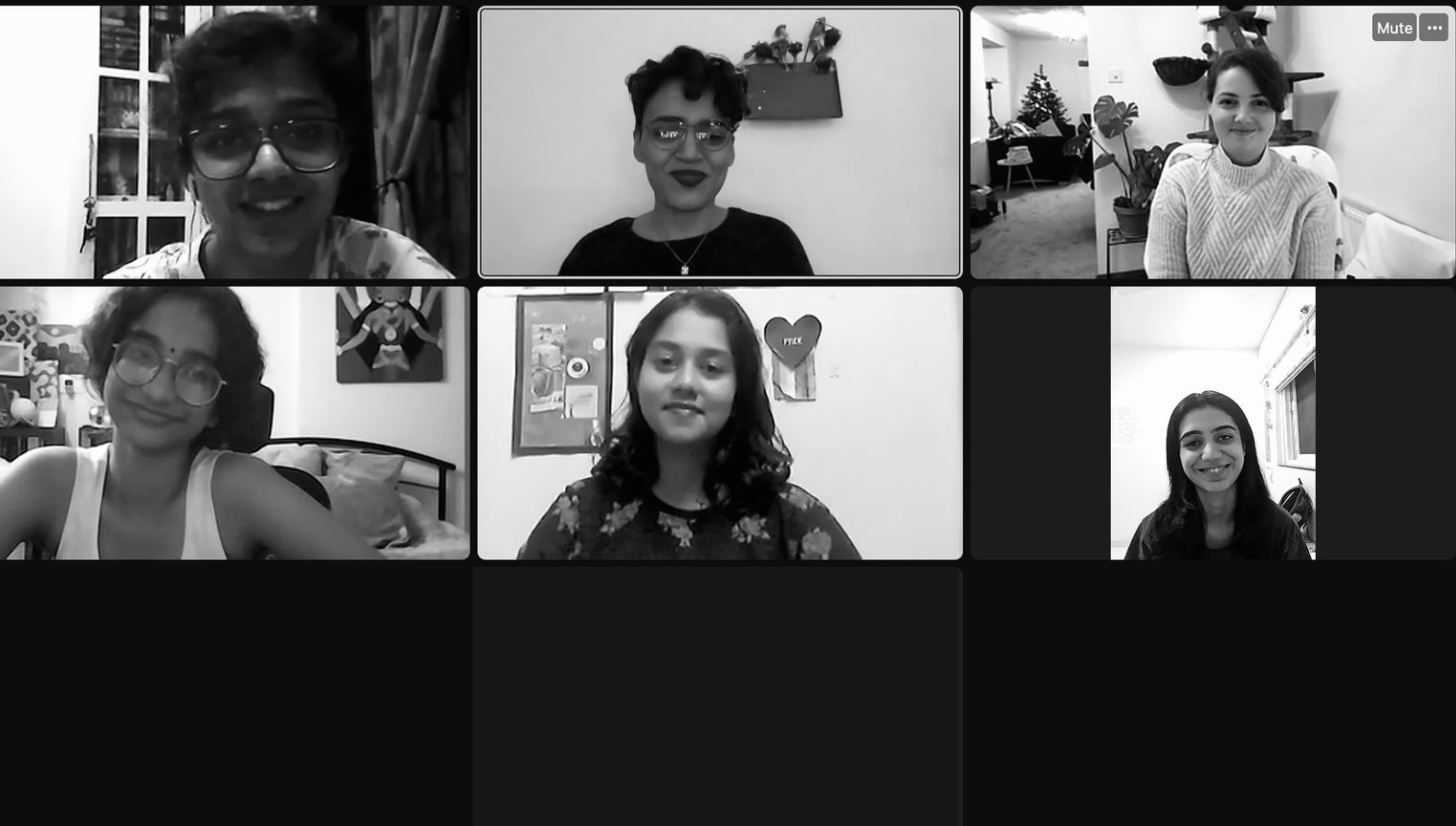
Applications reopen in July 2024
Applications reopen in July 2024
About the Discover Winter School in Gender Studies
The Discover Winter School in Gender Studies presents a two-week virtual course designed for high school students, to acquaint them with the foundational concepts and arguments within gender studies. The program strives to promote critical thinking in the assessment of gendered frameworks in domains including international relations, economics, film studies, and more, cultivating an atmosphere of scholarly advancement centered around diverse facets of gender in South Asian contexts.
All participants will be offered a certificate of completion at the end of the program, and will be provided the opportunity to connect with fellow participants to foster further discussion.
Questions You May Have
-
The Winter School will be held from the 1st to the 10th of December, and sessions will be scheduled between 5-7 pm IST on each day. All sessions are virtual.
The program will be split into ten 2-hour sessions over the course of two weeks, with one session held every alternate day, accompanied by short quizzes, tutorial discussions, and presentations.
-
The program will cover fundamental concepts and critical approaches to gendered frameworks of analysis in a variety of disciplines, with session titles and descriptions listed below.
-
Indian high-school students (aged 15 and above), who are presently enrolled in a school or have graduated within the last six months are eligible to apply for the program.
-
To apply, simply fill out our Interest Form, and we will promptly revert to you. Please note that there are only limited seats in the program and your application will be selected based on your response.

Why a Winter School in Gender Studies?
The Winter School in Gender Studies offers a curriculum designed to enhance student learning experience through interactive assessments and group activities, under the guidance of cutting-edge academics. The virtual format of the program enables students to connect with our educators from across the world, offering their expertise in multiple domains of Gender Studies.
As such, the Winter School will consist of a combination of lectures, workshops, and student presentations. It is designed to be inclusive to students at all high-school levels, between grades 9 and 12.
The Discover team believes that a holistic and intersectional understanding of gender is essential for young students to develop a critical lens towards approaching their academic, personal, and later, professional lives. The Winter School’s curriculum and lectures are carefully designed and vetted to be student-friendly, and will engage in topics that are not often included in high-school syllabi.

Highlights from Winter School 2023
Meet the Faculty
-
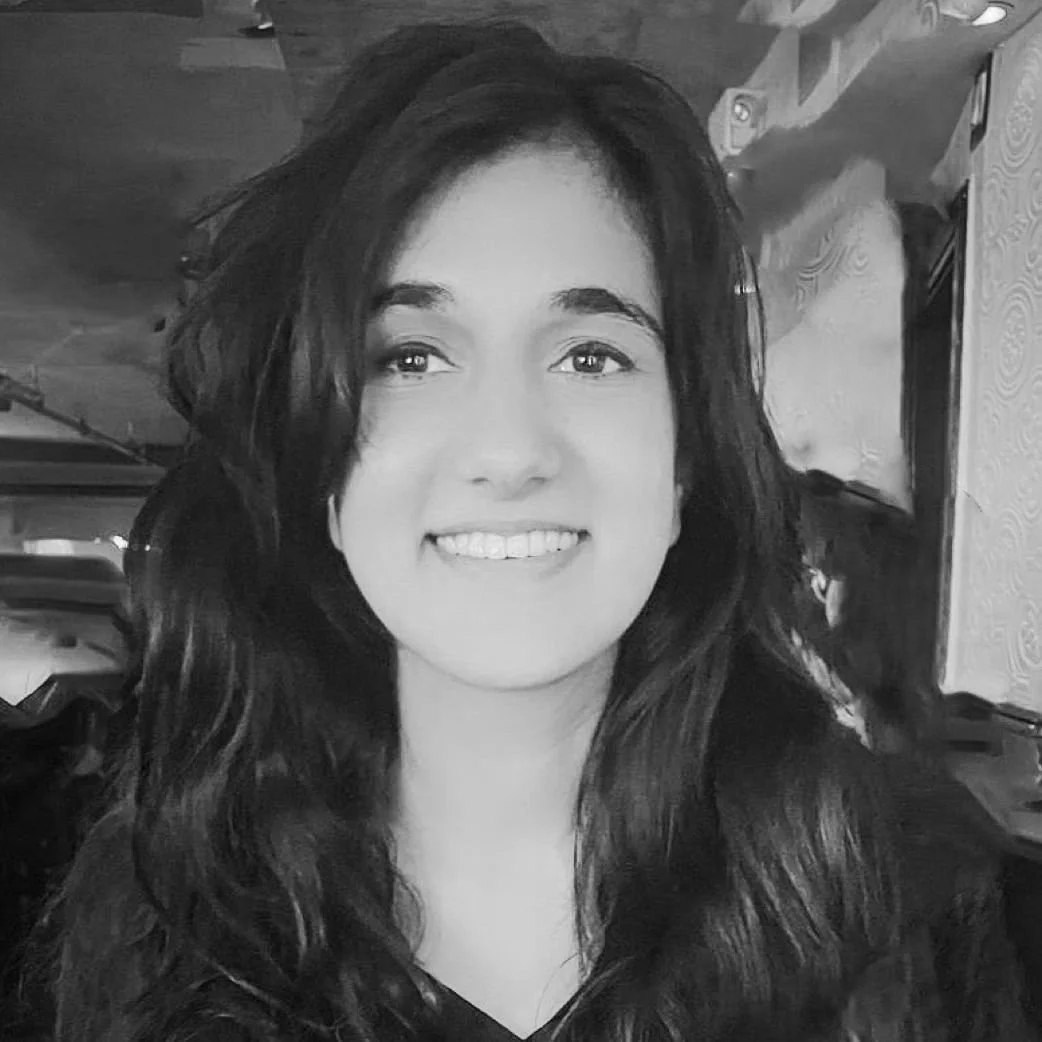
Tarika Khattar
is a PhD Candidate in History at the University of Cambridge. Her research explores the evolution of the Kashmir conflict during the Cold War. Her teaching and research interests lie in three main areas: global anti-imperialism, postcolonial state-building, and the interplay between the national and the international, particularly the impact of domestic politics on foreign policy. Tarika holds a BA in History with Honours from the University of Chicago and an MPhil in Modern South Asian Studies from the University of Cambridge.
-

Louise Courbin
is a PhD Candidate in the School of International Relations at the University of St Andrews, Scotland. Her current research focuses on the production and reproduction of knowledge within academia and political institutions in France since 1962. Her research interests combine critical theorisation of knowledge, comparative study of peace and conflict strategies, border conflict and cooperation, and the (re)production of narratives in academic and political institutions. She graduated Sciences app Strasbourg with a BA in Political and International Affairs, and two MAs in Border Studies, and in International and European Studies.
-
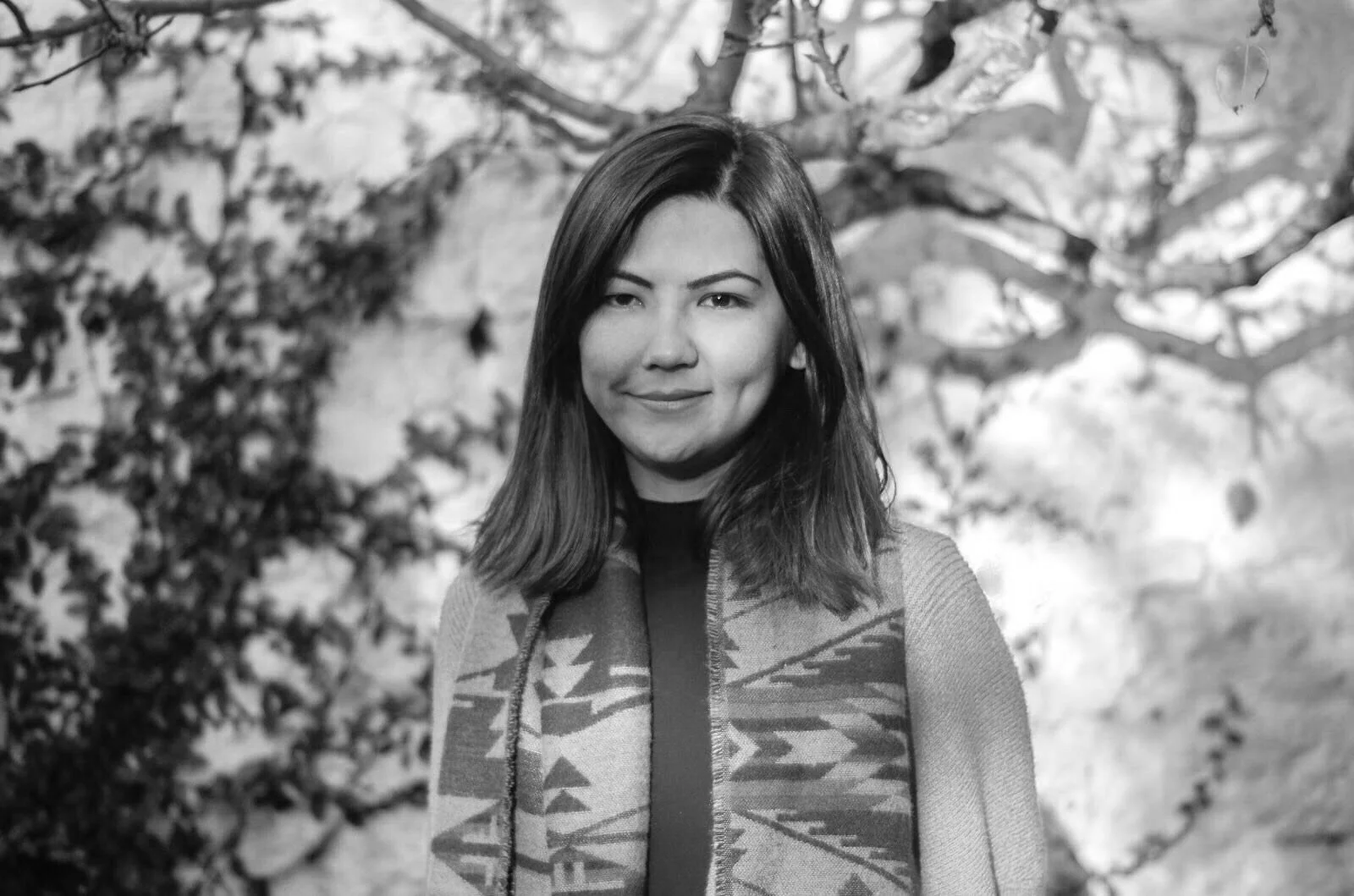
Nasema Zeerak
is a doctoral student in International Policy at the Humphrey School of Public Affairs, University of Minnesota. Her educational background includes an MSc. in Conflict Management and Resolution from the Joan B. Kroc School of Peace Studies at the University of San Diego, as well as a Master of Public Administration from the Middlebury Institute of International Studies. Her research interests include anti-colonial and anti-imperial thought, international relations theory, the politics of knowledge production, and political violence. An overarching theme that drives her current research is the ways that coloniality and power are silenced and disavowed in processes of knowledge production. Exploring how such political erasure impacts how people live and understand political violence is what interests her majorly.
-

Dhouha Djerbi
is a PhD researcher at the Geneva Graduate Institute and an affiliate with its Gender Centre. She has a Master of Public Policy from the Hertie School of Governance in Berlin (cum laude) and a B.A. in Gender, Sexuality and Society and Psychology (summa cum laude). Dhouha is currently affiliated with the Carnegie Corporation of New York and the Centre for Maghreb Studies in Tunis as a research fellow. Dhouha’s research explores gendered labour relations with the context of agrarian transformations and rural movements in postrevolutionary Tunisia. Her focus encompasses feminized and embodied labour, social reproduction, and the shifts in the gendered division of labour in contentious contexts. Her research methodology is deeply rooted in ethnographic principles, often involving hands-on experiences working on various farms across diverse regions of Tunisia.
-

Q Manivannan
is the Head of Discover and an ESRC Fellow, Associate Fellow of the HEA, and a doctoral researcher at the University of St Andrews. Their research studies the conditions in which care-based political movements in India can sustain. Q has previously worked on disability inclusion with the United Nations ESCAP, in leadership roles with multiple research centers in New Delhi, and graduated Trinity College Dublin with an MPhil in International Peace Studies, where they received the James O’ Haire Prize.

-
Session by: Q Manivannan, University of St Andrews
Why is it important to study and have a critical understanding of gender in our everyday lives? How does it manifest in politics, market economies, households, conflict zones, international organisations, governments, and knowledge systems? This lecture will introduce you to key theories and concepts in Gender Studies, from questions of history and biology to a reimagination of the gender binary. It engages with historical debates in gender and sexuality, and reviews academic discourses surrounding intersectionality, culture wars, caste, religion, economics, and politics. The lecture will question modern pop culture discourses on gender and trans inclusion, alongside reviewing cases of women and queer rights movements across the past decades (and centuries, even)! From Judith Butler to Andrea Dworkin, and Gayatri Spivak to Ratna Kapur, we will attempt to question what it means to live embodied lives, and how care, joy, and grief have accompanied questions of gender across space and time.
-
Session by: Dhouha Djerbi, Geneva Graduate Institute
This is an introductory lecture exploring core concepts in feminist political economy. We will look at the basics of the gendered division of labor, focusing on the role that predominantly women play in maintaining household labor and care work—or what is referred to in feminist scholarship as social reproduction. We will examine how this labor, while important to sustaining people, households, and communities, is often invisible and rarely considered in mainstream economic thinking. Together, we will unpack issues of women’s double-burden, time-poverty, and the importance of households as ‘social factories’ in the current economic system, both in India and beyond. In the following workshop, we will apply the newly gained theoretical insights to exploring real-life case studies and learn how scholars from political economy to sociology apply different tools and methodologies to understanding social reproduction. By the end, you'll have gained a solid theoretical foundation as well as practical analytical skills to understand the gendered economy.
-
Session by: Tarika Khattar, University of Cambridge
This lecture examines the poetics of gender in some classic works of radical Indian literature. We contemplate how the experiences of masculinity and femininity are constituted and the issues of socialisation connected to these identities. We will consider the model of the traditional family, the challenges posed by modernisation, and the impact of socialism as it developed through the Progressive Writers’ Movement. Through the course of this lecture, we will also examine the relationship between gender and nation, particularly in the context of the Indian independence movement.
-
Session by: Nasema Zeerak, Humphrey School of Public Affairs, University of Minnesota
This introductory workshop explores the encounter between postcolonialism and feminism, a branch of feminism that aims to bring to the surface and include the experiences of individuals from the Global South into the feminist discourse. By acknowledging the enduring legacies of colonialism and imperialism, we will explore how decolonial feminism provides a nuanced critique of both mainstream/hegemonic feminism and the systemic oppression embedded in postcolonial states. Our topics of discussion include a comprehensive introduction to the historical impact of colonialism and imperialism, examining how their enduring legacies shape our world today. We will also delve into the various feminist movements that have emerged in response to these historical forces and delve into the key principles that underlie postcolonial feminism. And finally, we will engage with pivotal postcolonial feminist thinkers and introduce the concept of intersectionality as a fundamental tenet of subaltern feminism.
-
Session by: Louise Courbin, University of St Andrews
In this introductory workshop, we will delve into fundamental concepts that underpin the understanding of the role of gender in shaping global politics, conflicts and peace. We will begin by delving into the gendered lens through which international politics is viewed. Understanding how gender influences power structures, policies, and decision-making processes on the global stage is crucial. A significant portion of the workshop will also be dedicated to the intersection of gender and conflicts in international relations. We will analyze how the theoretical perspectives of gender identities and roles allow for deeper and more complex understanding of the onset, escalation, and resolution of both peace and conflicts worldwide.
Building on feminist scholarship, we will examine the concept of social reproduction in an international context. This will include discussions on the often invisible but critical roles that individuals, predominantly women, play in sustaining societies and communities during times of conflict and how gendered lenses have distorted these realities. We will therefore critically assess mainstream international relations theories and policies to highlight the need for a more inclusive and gender-aware approach to global issues. This workshop is designed to provide you with a comprehensive theoretical foundation in the international politics of gender but also introduce practical analytical skills to comprehend and critically assess the gendered dimensions of global politics.
The Winter School in Gender Studies will consist of 5 lectures, interspersed by workshops and interactive exercises with the workshop leaders and the Discover team to critically engage with gender in our everyday lives.
About the Course
Participants lauded the Discover Winter School for its impactful sessions and the caliber of its mentors. One participant shared, “I learned about topics such as the care economy and social reproduction that I was not aware of previously. Throughout all of these lectures, I did not stop making notes. I genuinely am a fan of each of the mentors whose lecture I was able to attend.”
Another participant commented, “My experience with the Discover Winter School was exhilarating. The sessions were robust with such scholarly expertise and guidance, and I'm so glad that we got to interact with the mentors!”

Contact Us
In case of escalations, please contact q@essai.in
If you are an academic who is interested in mentoring students with us, please refer to the recruitment page here.


